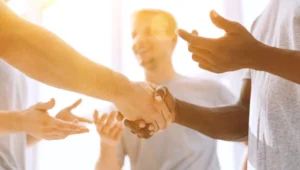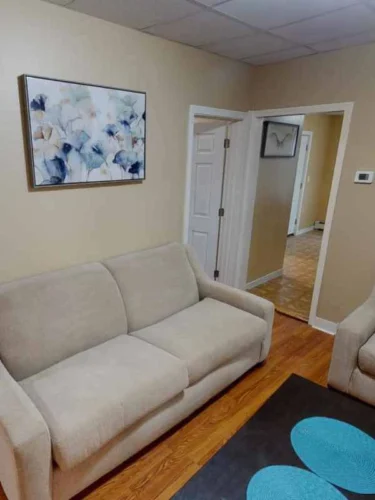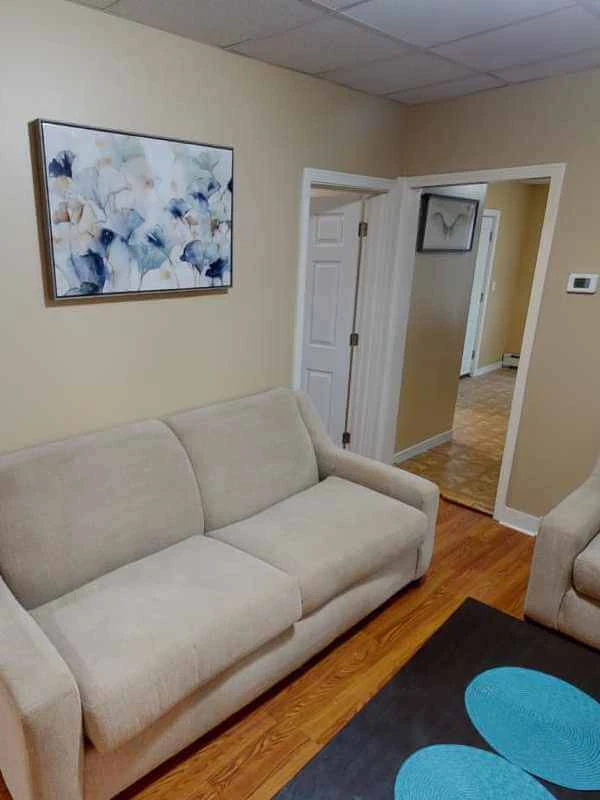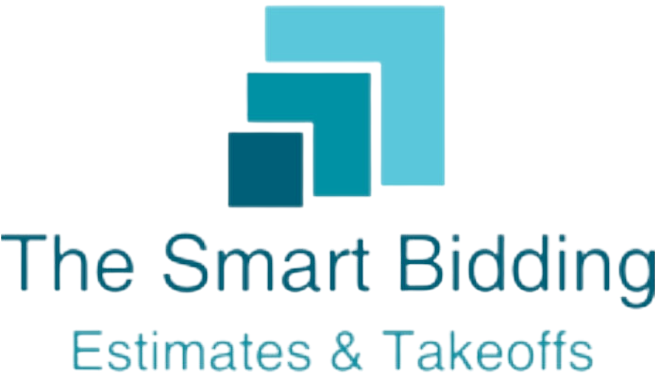
Many Americans suffer with marijuana addictions, but they often do not know where to go to get help. Recovery is available for anyone who thinks that they might have a problem with cannabis abuse. The following information will explain elements of marijuana recovery programs and will direct you towards the help that you need.
Dr. Pilman’s Office & Staff
In this environment, our members become active participants in achieving success. The only thing you need to begin participating is a desire to stop using cannabis / marijuana. Marijuana Anonymous meetings are free and can be attended all over the world virtually and Sobriety by phone, with in-person meetings available in some areas as well. They are a great resource when you just need someone else there to help you sort out the facts and plan your next steps.

SARDI Program Substance Abuse Resources
After detox, you may choose an outpatient program for a mild form of marijuana dependence or an inpatient program for a severe addiction or to kickstart your recovery. Because marijuana produces a psychological dependence, more than a physical one, treatment typically includes behavioral therapy – particularly cognitive behavioral therapy – and support groups. Inpatient rehab programs typically last between 30 and 90 days, followed by attending marijuana-based support groups modeled after Alcoholics Anonymous to receive mutual support from others in recovery. Because of the lack of rigorous evidence for the therapeutic use of medical cannabis, some medical organizations recommend against its use, including the American Psychiatric Association, the American Academy of Neurology, and the American Medical Association.
Use of Medical Cannabis in New York State
However, be assured that the people answering the phone won’t judge you and are there to help. A call to a reputable helpline is private and free and can help calm any fears you may have about treatment. If you are ready to make a positive change today or just take a step in that direction, call an addiction hotline to start you or a loved one on the path to recovery. Fox News Digital reached out to Kennedy’s representatives for comment, in particular on his view about medically assisted treatment therapies, but did not receive a response by press time.
In the case of marijuana, changing laws and legalization may hinder your loved one’s ability to see that there’s any issue with their drug use. This makes expressing your concern and finding out just how bad the problem is extremely challenging. As we work to transition https://ecosoberhouse.com/ our SROL meetings to SMARTfinder, we need additional co-facilitators. The role of co-facilitator in a national meeting is to provide support to both the facilitator and the participants, not to lead the meeting. If you are interested in helping out or just want to learn more, please fill out this form. Marijuana (also known as Weed or Pot) is the most frequently abused drug in the US and makes up 17% of admissions to treatment programs1.

Schedule I drugs are substances with no currently accepted medical use and a high potential for abuse. This guide was written to provide an overview of the marijuana rehabilitation process, as well as to offer helpful resources for persons recovering from marijuana addiction. A number of the effects mentioned above may develop or worsen over time and become long-term effects of marijuana with prolonged use. If you believe you or a loved one are suffering from more serious side effects or overdose, dial immediately and not an addiction abuse hotline. A weed, marijuana, or cannabis addiction helpline is a toll-free phone line offering help to those struggling with addiction to marijuana. Those who use marijuana or their loved ones can call for advice, help, referrals to treatment, or even just to discuss the best course of action based on your individualized needs and situations.
- Motivational enhancement therapy is a structured form of intervention designed to motivate your internal resources for engagement in treatment and positive lifestyle changes.
- Pursuant to the Cannabis Law, the Cannabis Control Board is charged with the creation and implementation of a social and economic equity plan in consultation with the Chief Equity Officer and Executive Director, and after receiving public input.
- Because of a lack of high-quality evidence, specific dosing regimens for the therapeutic use of medical cannabis are lacking.
- If you think you may need weed rehab, there are a number of different treatment options, and you should carefully consider your personal needs and requirements when choosing a marijuana rehabilitation center.
You could be in search of adolescent or teen marijuana addiction treatment. If you or a loved one is struggling with marijuana addiction and you need to find inpatient or outpatient marijuana treatment centers near you, there is hope for recovery. Reaching out is a courageous step in starting your new life, and our caring admissions navigators are ready to help you find the right local or out-of-State treatment facilities.
- Dr. Pilman is board certified in Psychiatry and accepts multiple insurance plans.
- For many, marijuana can be a pleasant and relaxing high, but daily use can take a toll.
- Contact us for free 24/7 at to confidentially discuss your treatment options and have us answer any questions you may have.
Because of a lack of high-quality evidence, specific dosing regimens for the therapeutic use of medical cannabis are lacking. The authors have been managing patients with medical cannabis since 2016 when the Montefiore Medical Center Medical Cannabis Program was implemented. Boxes 4 and 5, below, is weed addictive outline basic strategies for implementing medical cannabis treatment based on the authors’ clinical experiences. Clinicians should assess the condition for which patients seek medical cannabis and other conditions that may be affected by cannabis treatment with standardized instruments at baseline and follow-up visits.
- Fortunately, there are many effective therapies that can help you get better.
- Over 24 million people in the United States age 18 and over were estimated to be marijuana users in 2017, with more than 40% of this number reported as being daily or near-daily users.
- However, if you suffer from severe marijuana use disorder and/or mental illness or you’re addicted to other drugs in addition to marijuana, an inpatient treatment center is the better option.
- A weed addiction hotline typically focuses specifically on this drug, as well as any other co-occurring disorders an individual may be experiencing.
- If you believe you or a loved one are suffering from more serious side effects or overdose, dial immediately and not an addiction abuse hotline.
- Although marijuana isn’t physically addictive in the same way as other drugs, withdrawal symptoms do occur.
NGOs ‘outrageously’ profit from illegal immigration, former DHS advisor says
Should these upward trends in use continue, our country will almost certainly begin to see greater numbers of people negatively impacted by marijuana use and abuse. In fact, we have over 500 online meetings available on SMARTfinder waiting to provide support and connection. The only meetings impacted by this change are the 42 that required SROL registration to participate, and those meetings can transition to SMARTfinder if they want to.

Despite marijuana still being classified as a Schedule I drug by the federal government, 33 states and the District of Columbia have legalized medical marijuana, and another 14 states allowed restricted use of medical marijuana, as of 2019. Medical marijuana users choose the drug to alleviate pain, decrease inflammation, increase appetite, and reduce nausea. These perks may be helpful to people undergoing chemotherapy or who suffer from painful afflictions, including arthritis. Some users have also found it beneficial in helping control epileptic seizures.
